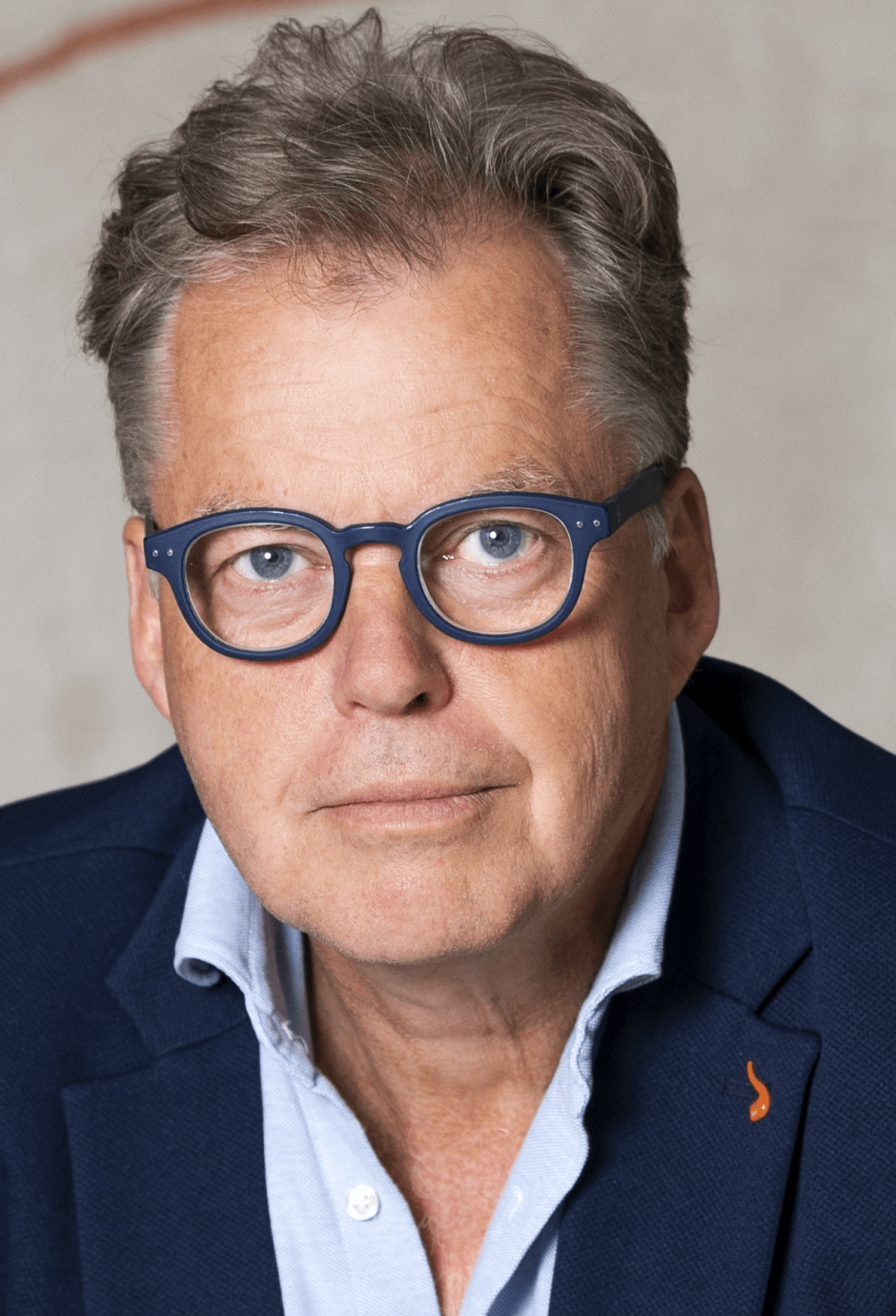
A quarter of a century after the feared millennium bug: how did the night unfold at the hospital?
This New Year marks exactly twenty-five years since we worried about the millennium bug, which could cause a global computer crisis. At the UvA and the Amsterdam UMC, people were prepared for the worst. “When people started counting down to zero, you felt the tension rising.”
Even if the world ends, hospital AMC keeps running. That is the subheadline of a Folia article from 17 December 1999 - two weeks before the dreaded millennium bug could flatten systems across the planet at midnight.
At the time, computer systems only used the last two digits of the year when storing the date: for example, 99, instead of 1999. The abbreviated year could have the effect that when the time and date jumped 23:59 on 31 January 1999, systems misread their own date.
That is because 00 in this case would stand for 2000, but could just as easily stand for 1900. Thus, a computer might wrongly reject a food product because it would be almost a hundred years past the date. Such a misreading would affect the whole of society: factories, banks, airlines but also hospitals and personal computers.
At the time, the Netherlands spent 20 billion guilders to counter the expected problems with the millennium bug.
Even at the UvA itself, the worst-case scenario was anticipated. In the first week of the year 2000, lectures were cancelled for fear of millennium problems. The university also feared public transport cancellations and “possible food shortages”.
The AMC coined a new word that had not occurred before: the double worst-case scenario, says Frank van den Bosch, head of communications at the (now so-named) Amsterdam UMC and present that night. “We assumed that if something happened, the infrastructure would fail. So no electricity, no water, no phone. That’s why we had arranged our own emergency power station and had a huge pool of water ready that was meant for showering, along with a large supply of bottled drinking water.”
Every little chip
It was not only the UvA and the AMC that were worried. All over the world, the 1999 New Year’s Eve was eagerly awaited. As early as 1998, a pamphlet entitled Bit Bang circulated in the Netherlands, which dealt with “the threat of the millennium bug” with “tips and measures to cope”. From the pamphlet: “By now, it is clear that hospitals are expecting problems at the turn of the century. [...] So having a baby around that time is not very wise and that, for example, is a good reason why the government should not wait too long with broad public education.”

The AMC prepared well for months. In the weeks before the turn of the year, 35 thousand devices were examined for millennium compliance. Every chip was turned over, says Van den Bosch. “So we were reasonably sure, because of the good preparation, that the AMC would remain on track no matter what, but we had no idea whether anything would happen in the outside world. At the time, the AMC, with the VU, was one of the region’s trauma centres. So, should anything happen in the outside world, we were also responsible for taking care of victims of distasters.”
So the tension was twofolded, says Van den Bosch. “What happens inside the hospital, but also; what happens outside? Will there be planes falling from the sky, for example?”
Magicians
That night, 420 people were scheduled at the AMC, who could expect a bonus of 750 euros. “But many people had also come simply to help or just to mark this exciting moment with colleagues,” says Van Den Bosch. The AMC had arranged all sorts of things: people could bring their children, there was a trapeze act, a magician and a confetti cannon had been arranged and there was champagne, albeit non-alcoholic, because people still needed to work.
“It is mainly that ambivalence that I remember,” says Van den Bosch. “It was cheerful, even before midnight, but when people started counting down to zero, you felt the tension rising. I don't know about people's adrenaline levels, but the lights stayed on and we went on merrily. Of course, there were people in the ICUs with their sleeves rolled up in case things did go wrong. Because then everything had to be done by hand, including life support. Of course, I don’t know what the atmosphere was like there, but I do know that it was very busy there at midnight.”
Van den Bosch: ‘Normally New Year’s Eve is a busy night for the emergency room, but I remember that this particular night was quiet. People were acting a bit more cautious, I think. It was a great contrast to New Year’s Eve the following year, when café De Hemel in Volendam burned down and it was a very, busy, bizarre night, with all those young victims.”


